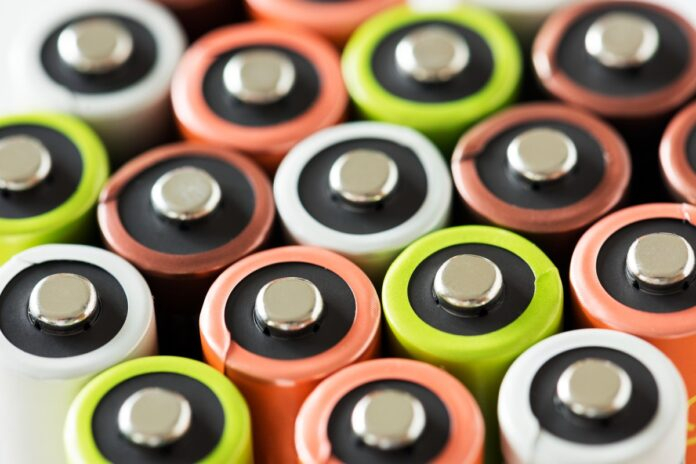Find out why brass is the material for battery terminals! Check out its conductivity, resistance to corrosion, and sturdiness to get the best performance and the longest life.
The market is flooded with battery terminals made from a variety of metals and alloys. Sometimes, the number of choices adds to the confusion. The question that often crops up in a consumer’s mind is whether the right choice is being made.
When selecting battery terminals, the brass battery terminal is the best. A lot of factors come into play, and there is no right or wrong choice. It depends on the type of battery you have and where you intend to use the battery.
Once you have answers to these questions, you can quickly rule out the materials that will not fit your purpose. The purpose of this blog is to evaluate brass as the raw material for battery terminals.
Brass Battery Terminals
Find out why brass battery connections are good! Discover why its ability to carry electricity, shape easily, and not rust makes it the best material for strong power connections.

The Range
Currently, the market has battery terminals made from lead, brass, and copper. Each of these has a specific industry that they are used prominently in.
For example, lead battery terminals have been used in automobiles for a long time, whereas brass battery terminals are more prominent in electrical fittings.
Manufacturers offer a variety in each of the battery terminals, and the range includes airports of different sizes with a variety of finishes for desired properties. Plating the terminals with nickel, chrome, etc. is also common among top battery terminals.
The Considerations
Now coming to the main point of selection, each alloy and element has specific properties that fit different applications. For example, brass is an excellent alloy resistant to corrosion, high temperatures, weather, etc.
It is a sturdy alloy with a great visual appeal. These properties make brass an ideal material for door handles, hinges, furniture hardware, etc.
In terms of battery terminals, brass is ideal because it does not rust, unlike lead terminals, which leave a powder-like green substance when in contact with the batteries’ acids.
Brass battery terminals also retain connections better than lead terminals because of their resistance to rust and plating choices.
There is also a need to look at the budget, the ready-made choices, the durability, and the properties like conductivity before choosing.
The universal battery terminals made of brass and zinc almost cost the same, with a variation in price depending on the quality of the raw material, finish, and size. If you opt for customization, the prices will go up a little.
The Verdict about the brass Terminal
It would be unfair to deem brass the best material for battery terminals, given a plethora of considerations. However, there are several settings where zinc or lead batteries may be a better choice.
However, brass battery terminals are great in almost all types of settings, whether a car battery or a battery for an electrical appliance.
It is probably the universal application that makes brass terminals more popular than their other counterparts.
The competition is stiff, but the qualities that brass lend make terminals made out of it. Share your thoughts and opinions on brass battery terminals with us in the comments section below.
For more information and updates about the latest news, keep visiting CRECSO NEWS Magazine. Follow us on Facebook and Instagram.













